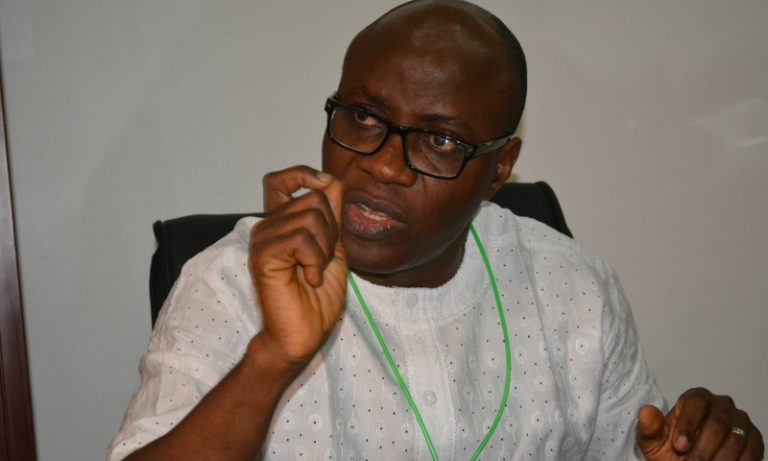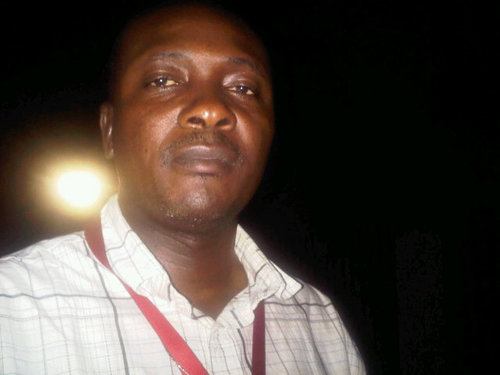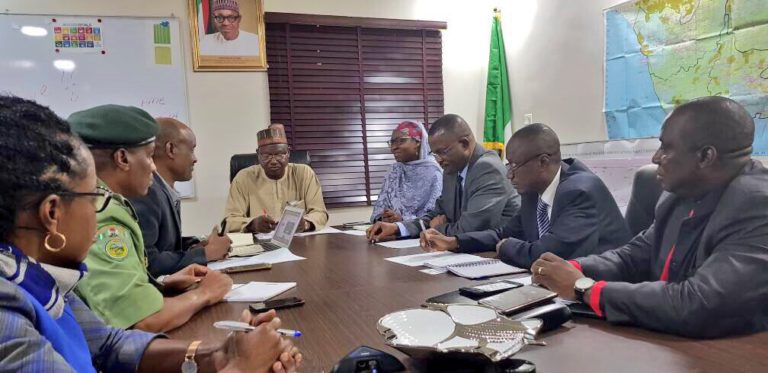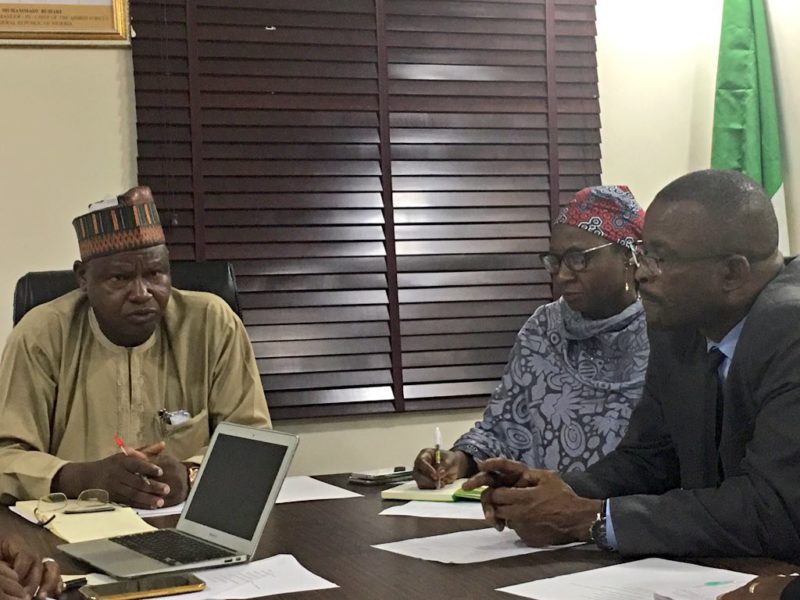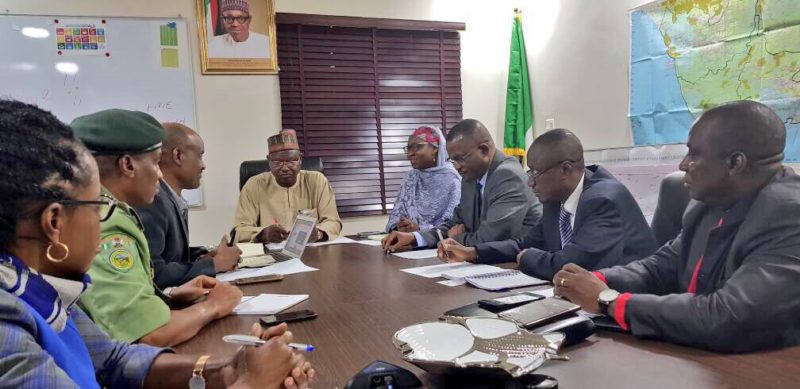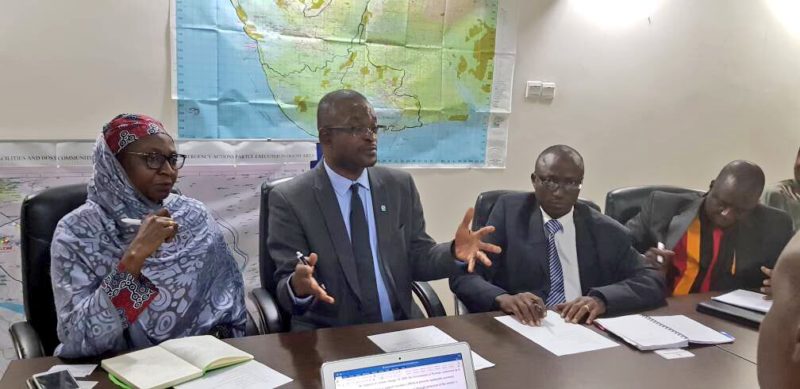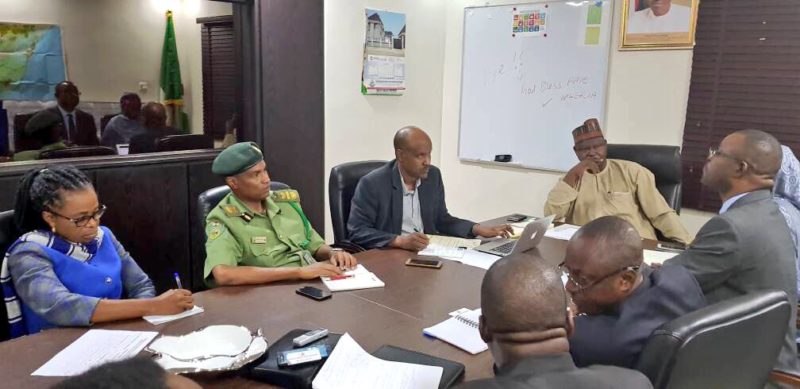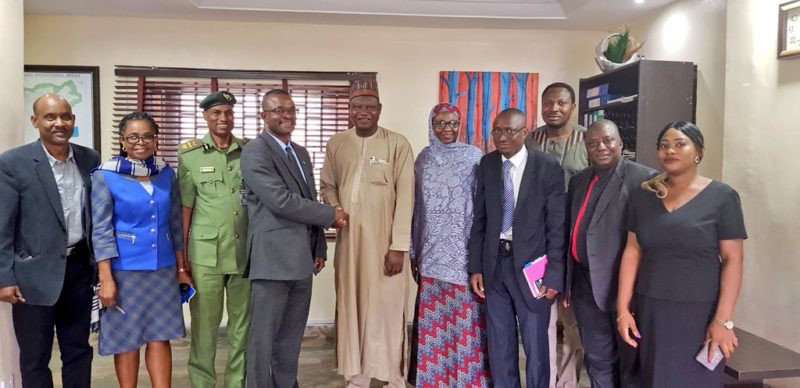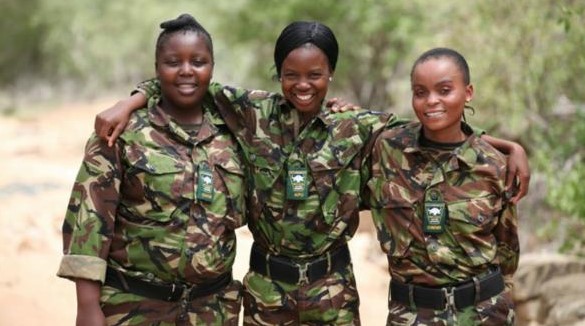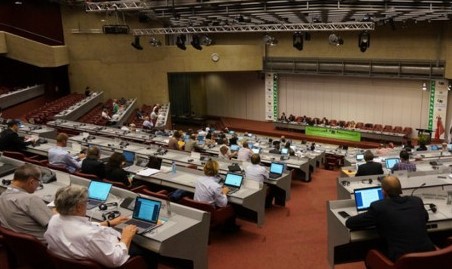The on-going Independent Audit of the Oil and Gas Industry covering 2015 by the Nigeria Extractive Industries Transparency Initiative (NEITI) has recorded 94% compliance by companies and relevant government agencies. Fourteen companies topped the ranking table with a maximum score of 100%. The companies are Chevron Nigeria Ltd, Consolidated, Continental, Eroton, Esso Exploration, Mobil Producing Nigeria Unlimited and Niger Delta Petroleum Resources.
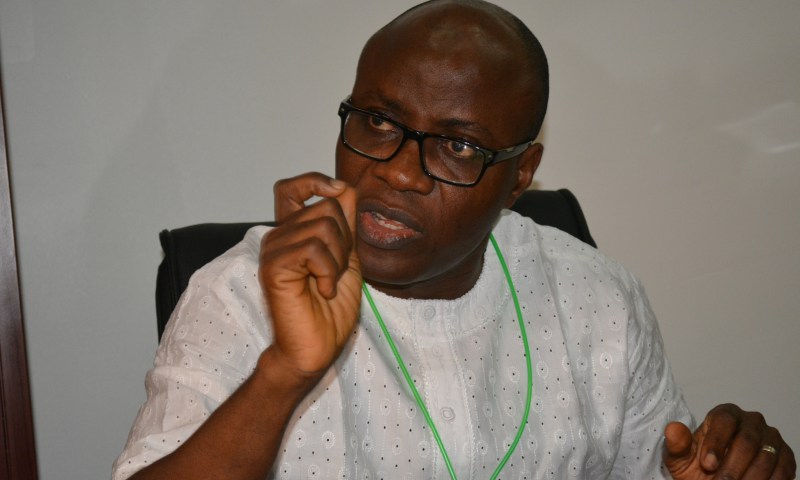
Other oil companies within the 100% compliance ranking include Nigeria Gas Company, Orient Energy, Star Deepwater Petroleum and Waltersmith Petroman. Remarkably, two government agencies, the Federal Inland Revenue Service (FIRS) and the Nigeria Content Development and Monitoring Board also recorded 100% compliance in the ranking.
Similarly, five companies namely: Shoreline, Statoil, Petrobas, Mid Western and ND Western, scored between 98% to 94% to book their respective places in the top compliance ranking category. In the same direction, twenty companies scored between 80% and 88% while twelve others recorded between 72% and 75% in an exercise industry experts have described as successful and innovative.
The compliance ranking report further showed that only four companies representing 6%, failed to make submissions before the deadline. Of these four companies, two made submissions after the ranking deadline had elapsed and therefore scored zero ranking, while two others failed to comply at all.
The criteria for the compliance ranking focused mainly on two major critical areas in the NEITI audit value chain. These are timeliness and completeness in submission of information and data requested by NEITI in the audit templates. While timeliness measured when the covered entities submitted the templates, the completeness considered how many of the applicable templates were submitted.
Speaking on the ranking exercise, the Executive Secretary of NEITI Mr. Waziri Adio, remarked: “We decided to rank companies and government agencies covered by the NEITI audit process so as to incentivize timely and complete compliance.
“Given that this is the first time we are doing this, we are very impressed with the compliance rate. We commend the high fliers and call for improvement from others. We want to see a situation where all the entities score 100% possibly by next year.’’
The data collection and voluntary submission of information and data in NEITI/EITI Audit process is a major step in the independent audit value chain. NEITI wishes to state that this exercise does not represent full compliance assessment with the audit process, as the audit is not yet completed. All entities will be further ranked in terms of their cooperation with the NEITI auditors, the accuracy of their data and level of reconciliation, among others.
The process began on May 2, 2017 when the audit templates were dispatched by NEITI to affected companies and relevant government agencies. This was followed by a workshop to enlighten all the companies and relevant government agencies on their roles in populating the audit templates.
At that workshop, the entities were duly informed of NEITI’s plan to rank them in terms of compliance. NEITI also published the company compliance ranking procedure and the deadline in the national dailies. The deadline was later moved from June 1 to August 3, 2017. This became necessary to enable more entities complete the templates and return same to NEITI. During the ranking exercise, 65 covered entities, made of up 55 oil and gas companies and 10 relevant government agencies, participated.
NEITI’s decision to carry out a compliance ranking for companies and relevant government agencies covered by NEITI process is to push the boundaries of implementation of EITI in Nigeria as provided for in the law and global standards.
The 2015 independent oil and gas audit by NEITI is set out to examine payments made by companies including taxes, royalties, rents, signature bonuses where applicable and receipts by relevant government agencies. The audit will also report on quantities of oil and gas produced, exported or imported. It will carry out validation of payments by companies against receipts by government agencies to determine if companies paid what they ought to pay and if government received what it should receive.
The exercise will equally review policies and procedure of revenue collection, report on cases of underpayments and under assessments. The audit process will weigh the financial, physical and process transactions during the period under review on the scale of transparency and accountability as required by the global EITI standard and provisions of NEITI Act.
It is important to further clarify that all information and data submitted will still be subjected to further verification, validation and reconciliation by the independent auditor engaged by NEITI through painstaking international competitive bid process.
Adio commended the companies and government agencies for their level of cooperation and compliance.
The details of the 29-page report on the company ranking is already available on NEITI website www.neiti.gov.ng. NEITI is equally working on developing an annual index that will rank companies and government agencies in the extractive sector space in terms of their adherence to the tenets of transparency and accountability.
Meanwhile, the National Stakeholders Working Group (NEITI Board) has ratified the appointment of a reputable indigenous company, Haruna Yahaya & Co, to conduct the audit exercise (2015 Oil & Gas). This was one of the key decisions taken by the NEITI Board at its meeting over the weekend.
The Board’s decision followed the approval of the competitive contract process undertaken by NEITI by the Bureau of Public Procurement. Haruna Yahaya & Co had in the past conducted two different cycles of audit for NEITI in the solid minerals sector. The Auditors are expected to conclude the assignment by November this year.

